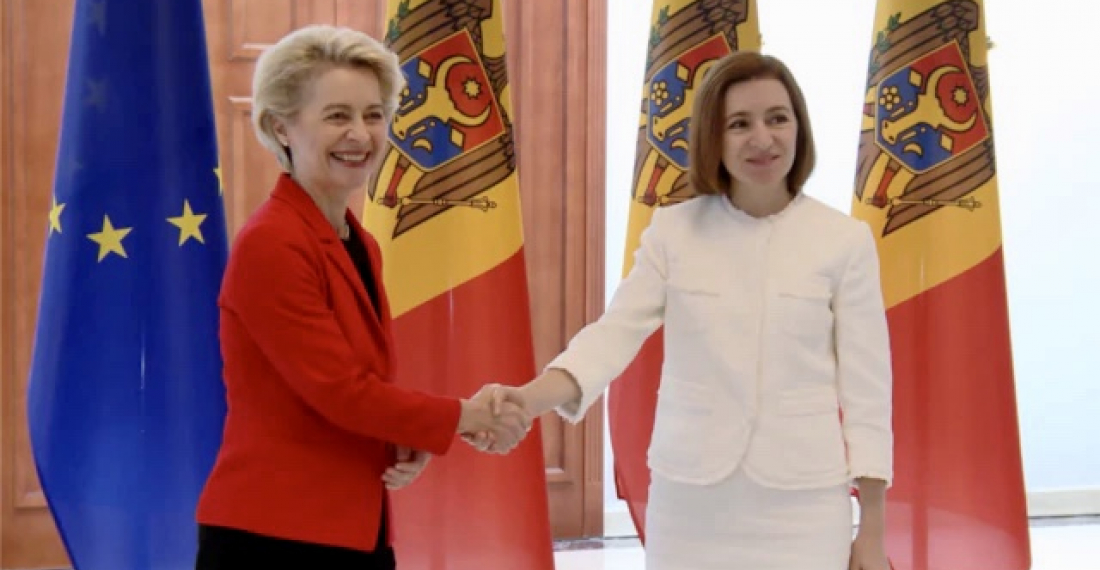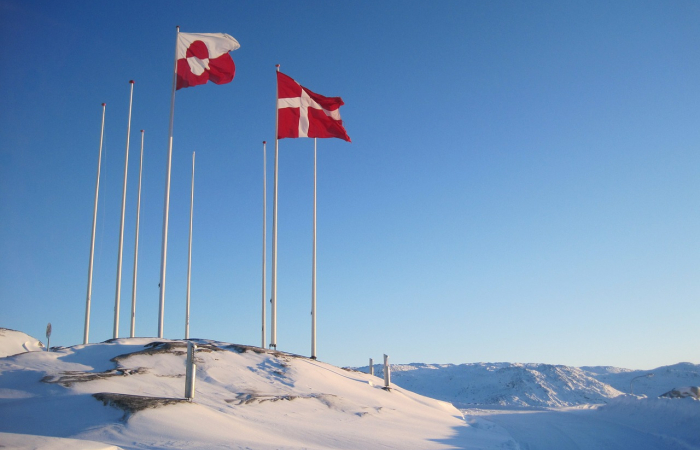The European Union has pledged Moldova another €250 million in financial aid to deal with the acute energy crisis.
The pro-European government in Chisinau fears that Russia could turn off the gas supply to Moldova at any moment, leaving it cold and without power.
Moldova is very dependent on Russian gas and Ukrainian electricity. Russia is using the gas tap to put pressure on the EU candidate country. The Russian military have also badly damaged Ukraine's electricity infrastructure, which also has repercussions for Moldova.
The government in Chisinau can expect 100 million euros plus a soft loan of another 100 million in January, European Commission President Ursula von der Leyen announced at a joint conference with Moldovan President Maia Sandu in Moldova's capital on Thursday (10 November).
"Moldova is part of our European family. And family must stick together when the times are getting tough and difficult," she said.
This financial package is intended "to meet the need for gas supplies," she said on a visit to the Moldovan capital. Another 50 million in budget support intended for "the most vulnerable citizens" will also follow.






